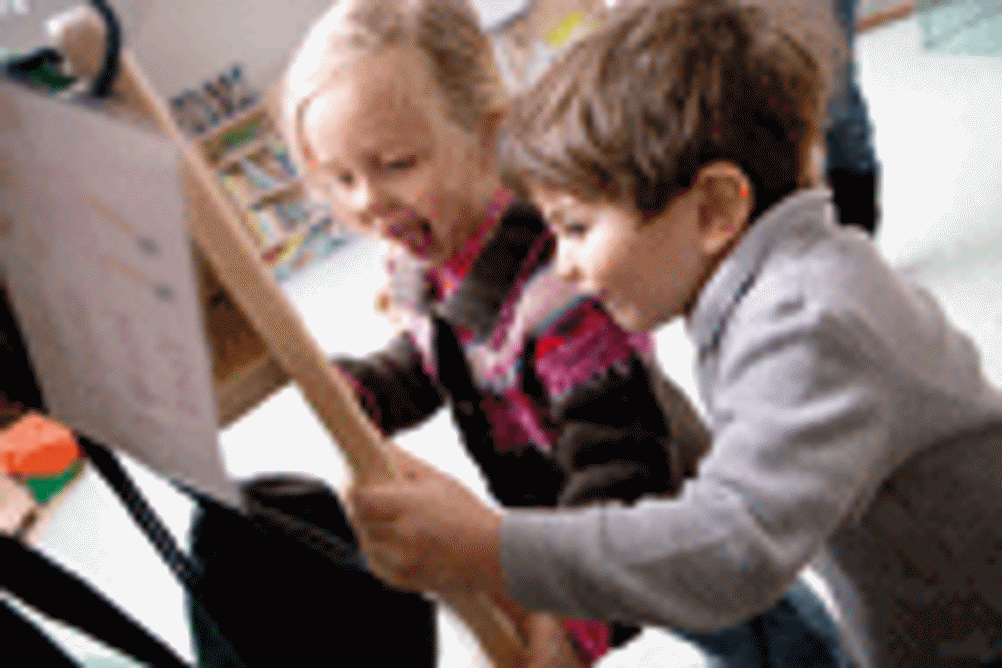
We are halfway through 2011, the National Year of Communication, and the 'Hello' campaign is in full swing. It is a national response to concern about the numbers of children at risk of language delay, and all over the country practitioners are organising activities to highlight the importance of language and communication. This month's theme is 'Imagine life for those who struggle'.
Asking us to imagine asks something important. 'Hello' does not ask us to 'feel sorry for' or to 'give money to', nor even to 'improve things for' those who struggle, but to imagine life. Asking us to imagine someone else's life asks us to walk in their shoes, to identify with someone who maybe does not take for granted the things we do, and to understand where their actions and feelings come from. In other words, 'Hello' asks us to empathise.
Register now to continue reading
Thank you for visiting Nursery World and making use of our archive of more than 35,000 expert features, subject guides, case studies and policy updates. Why not register today and enjoy the following great benefits:
What's included
-
Free access to 4 subscriber-only articles per month
-
Unlimited access to news and opinion
-
Email newsletter providing activity ideas, best practice and breaking news
Already have an account? Sign in here
